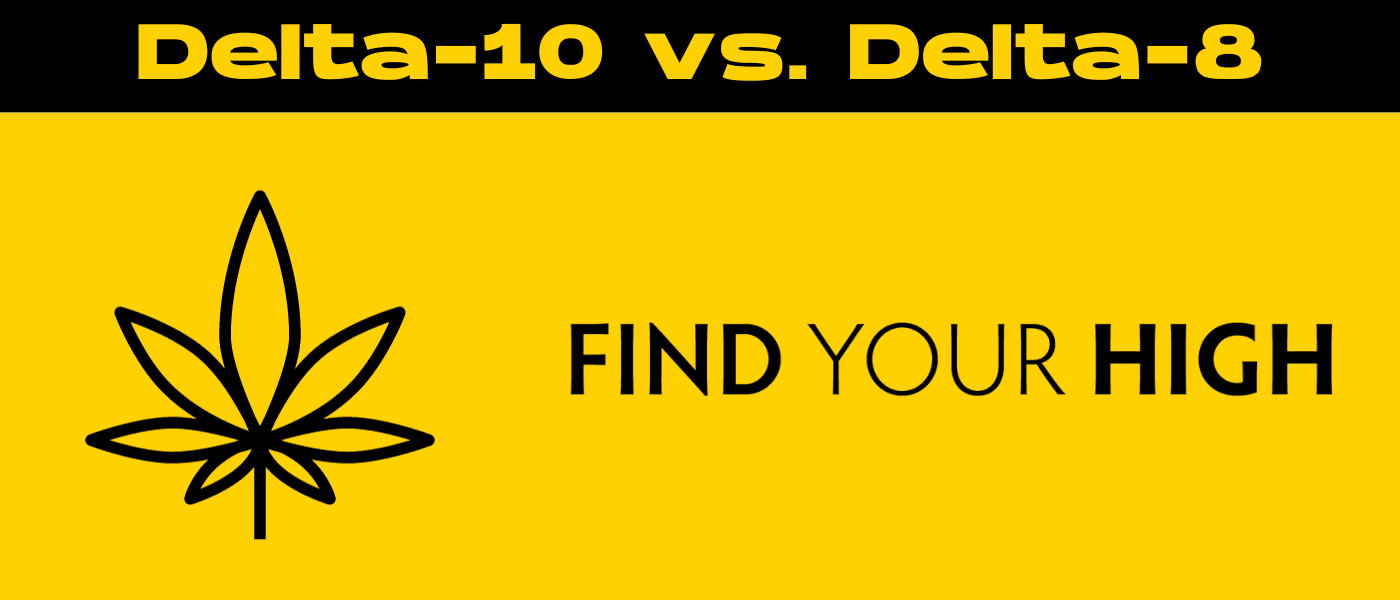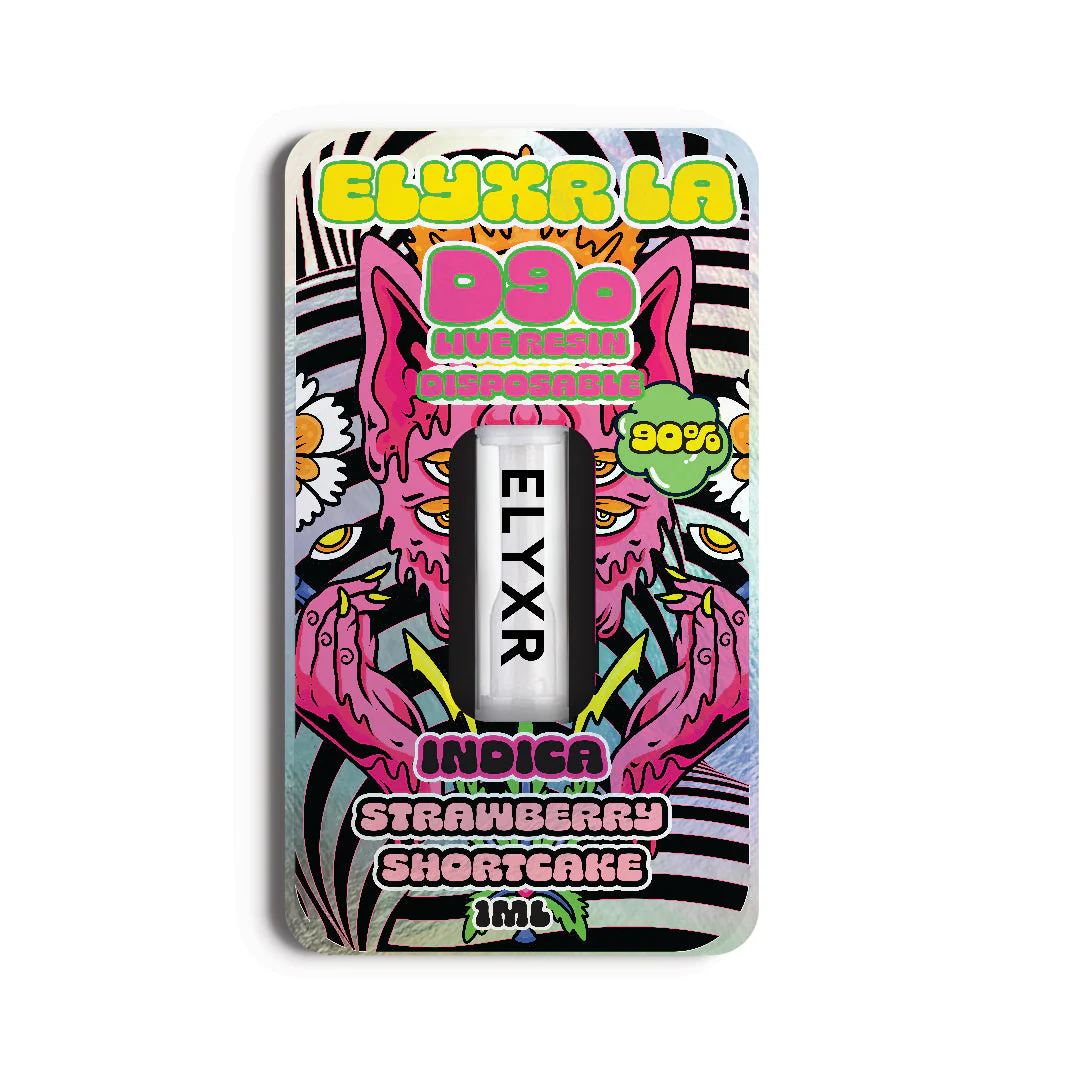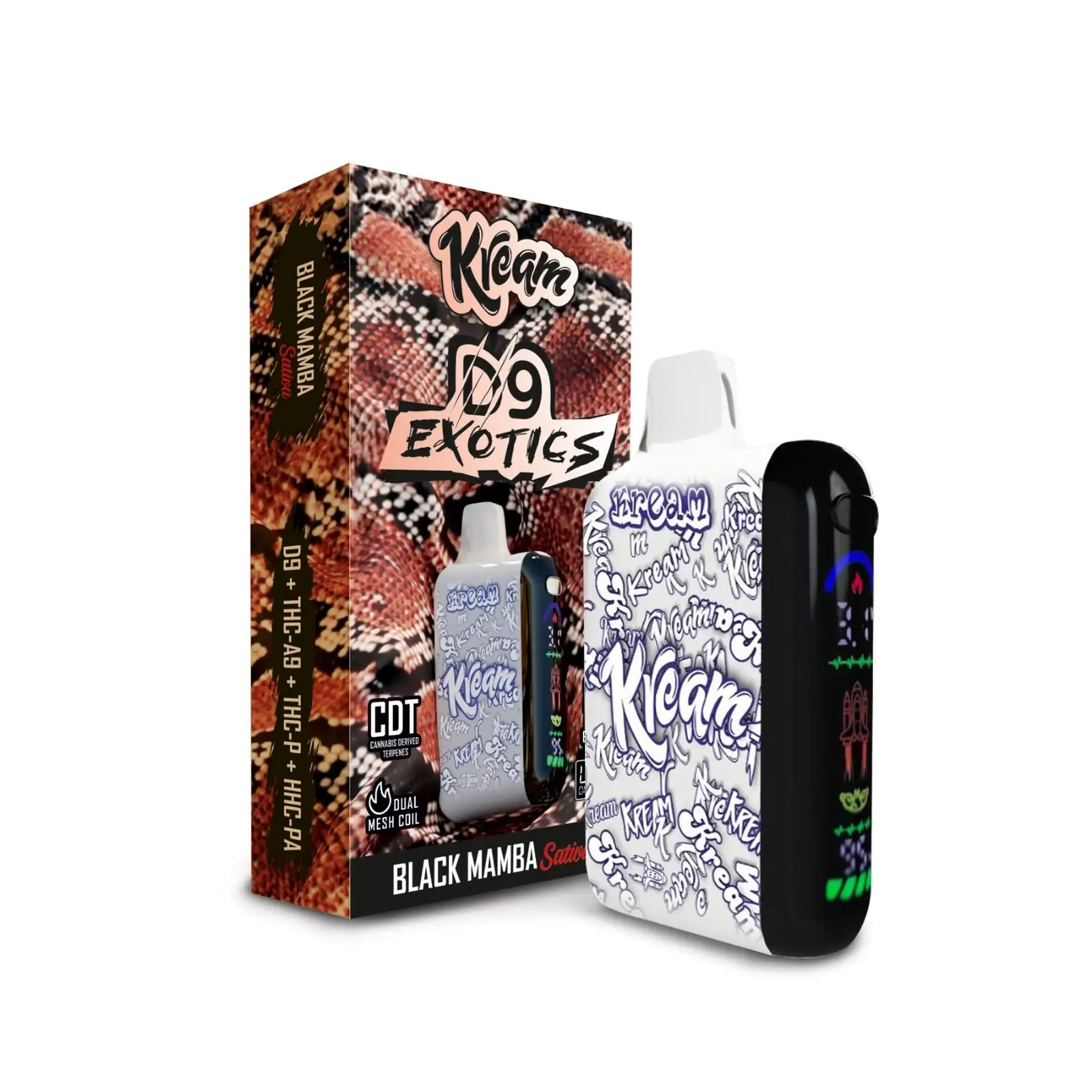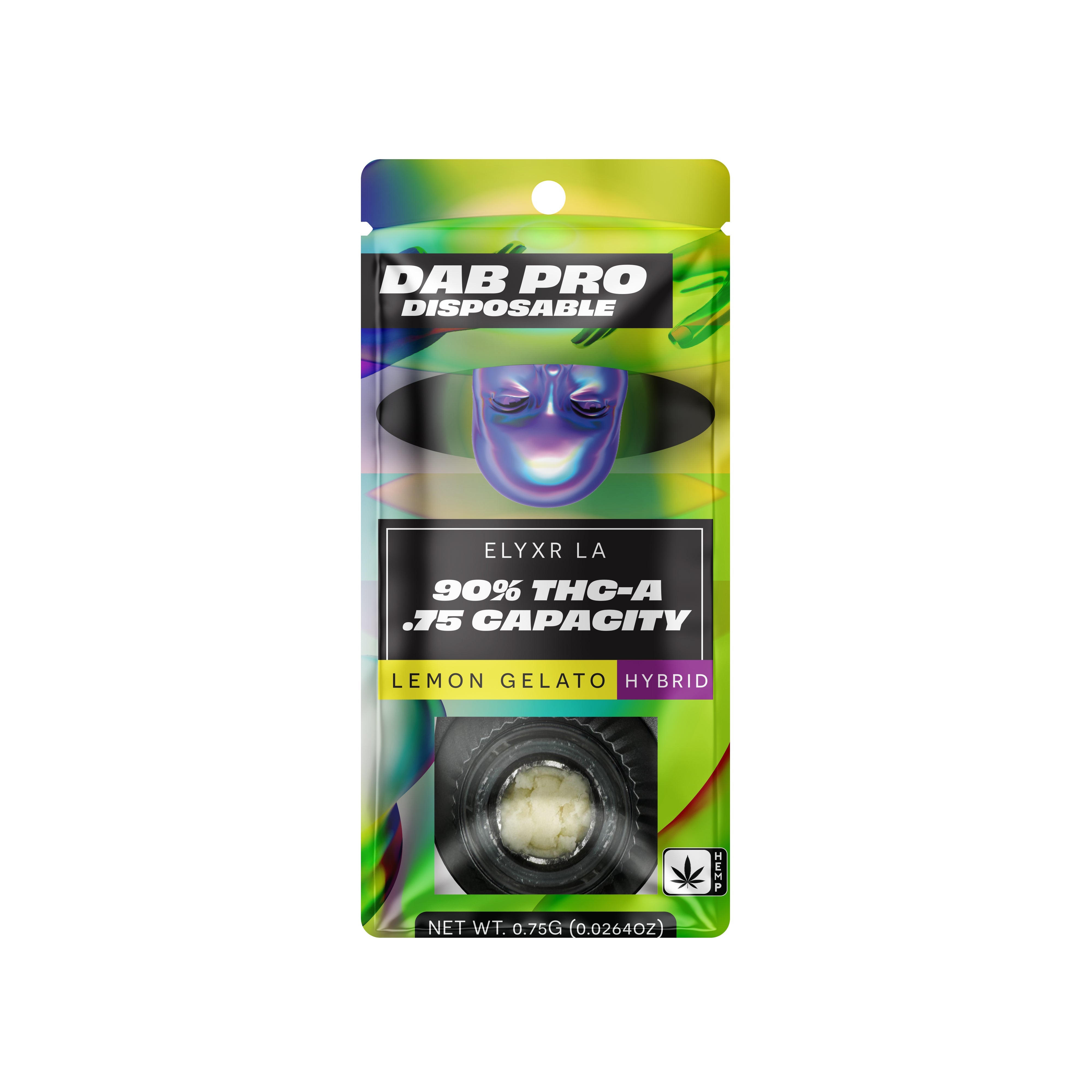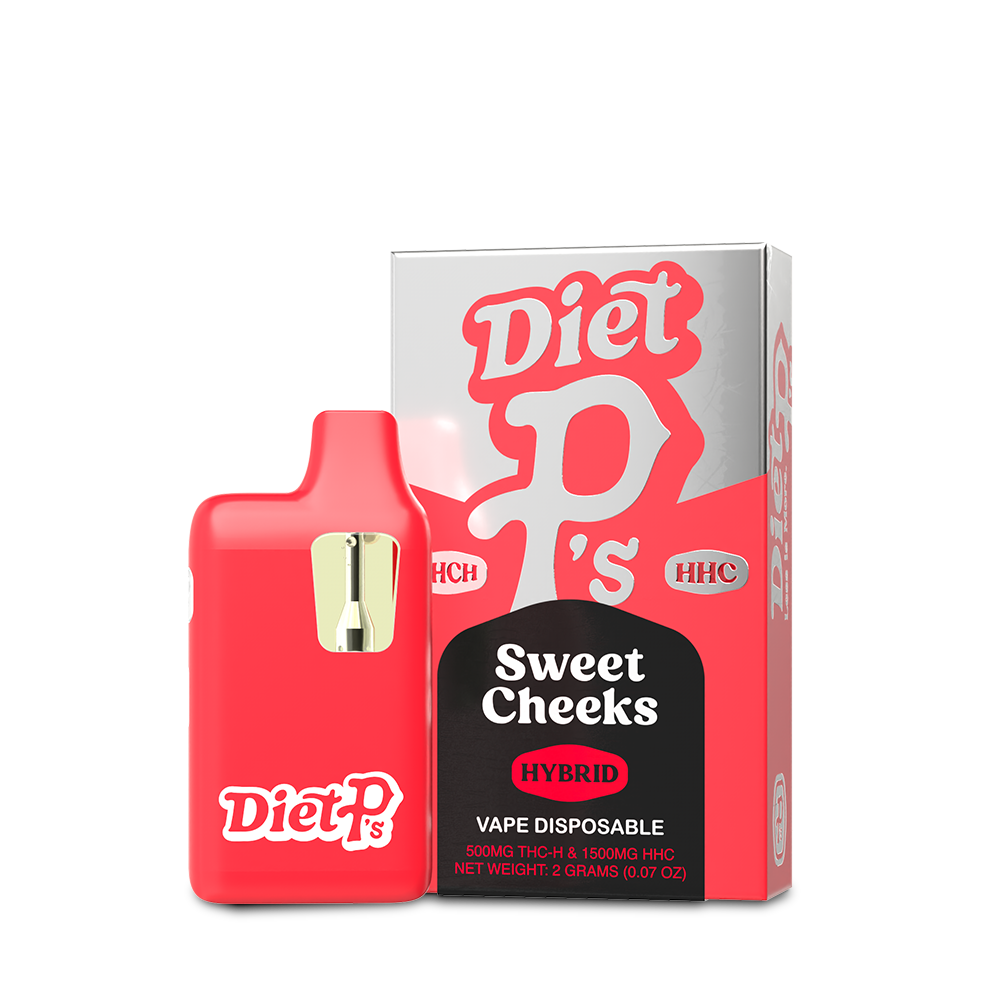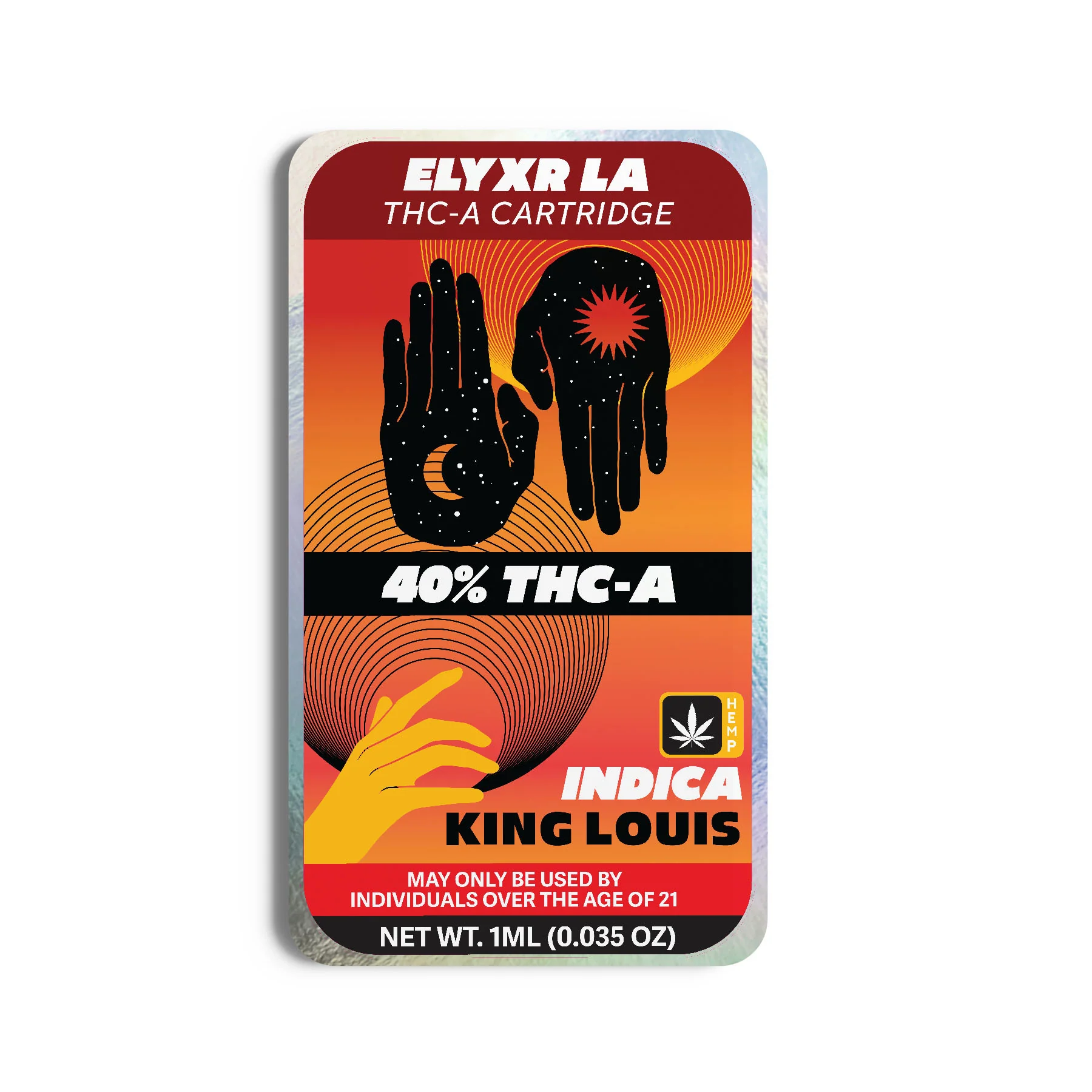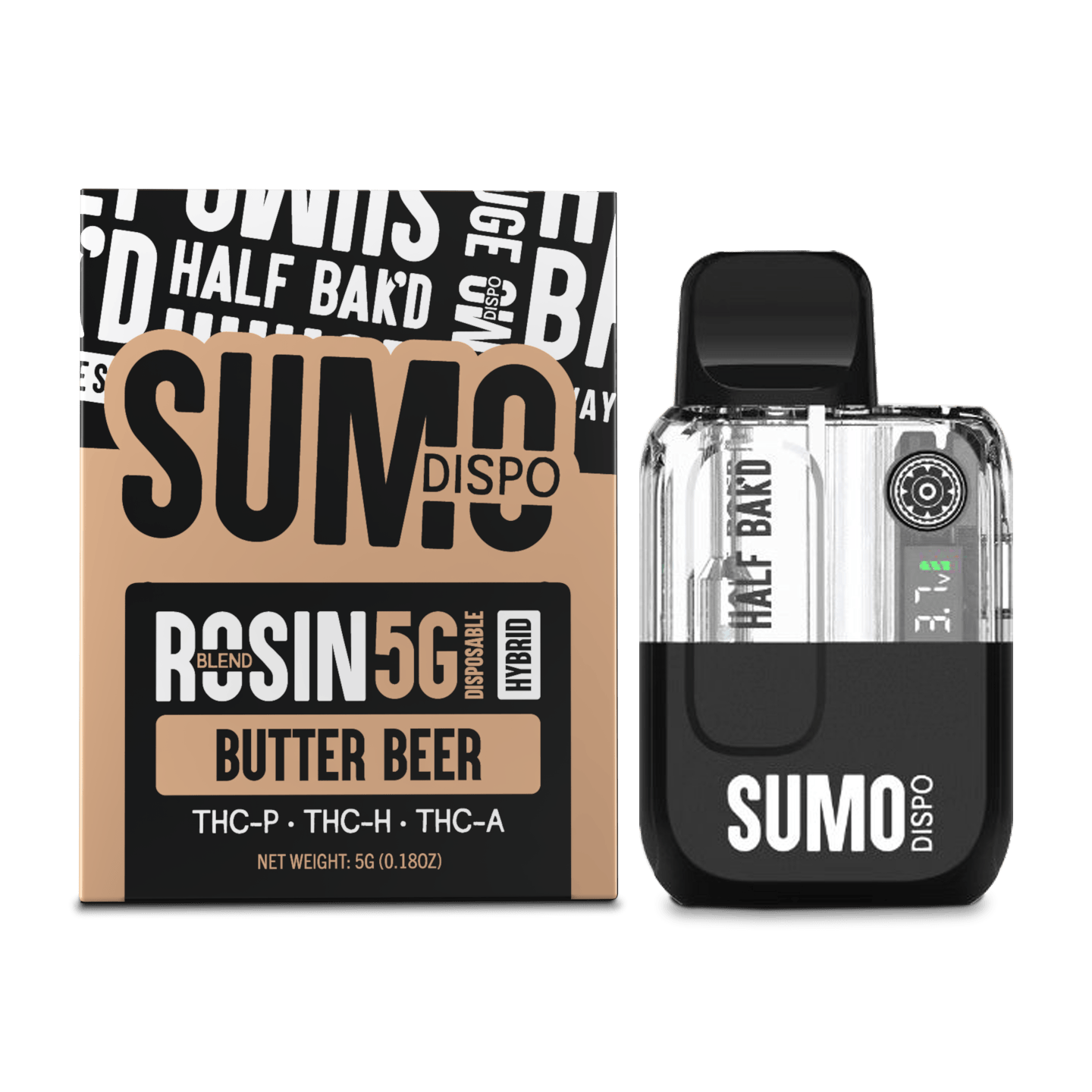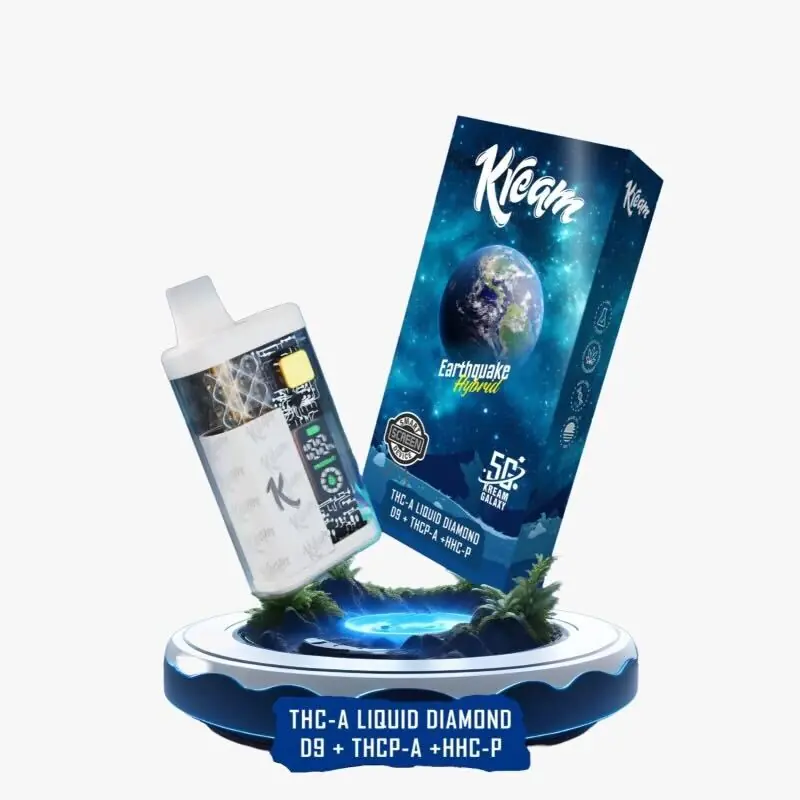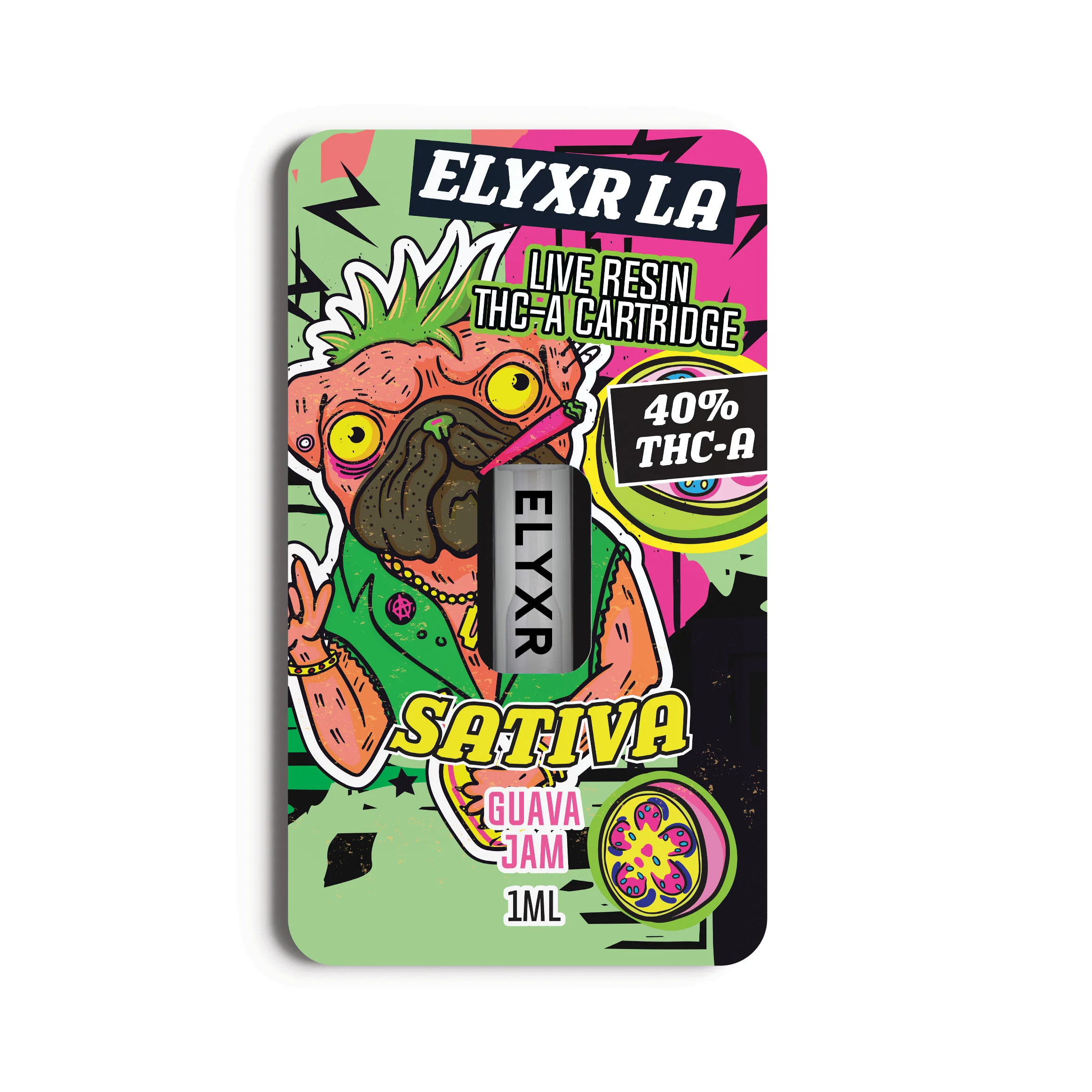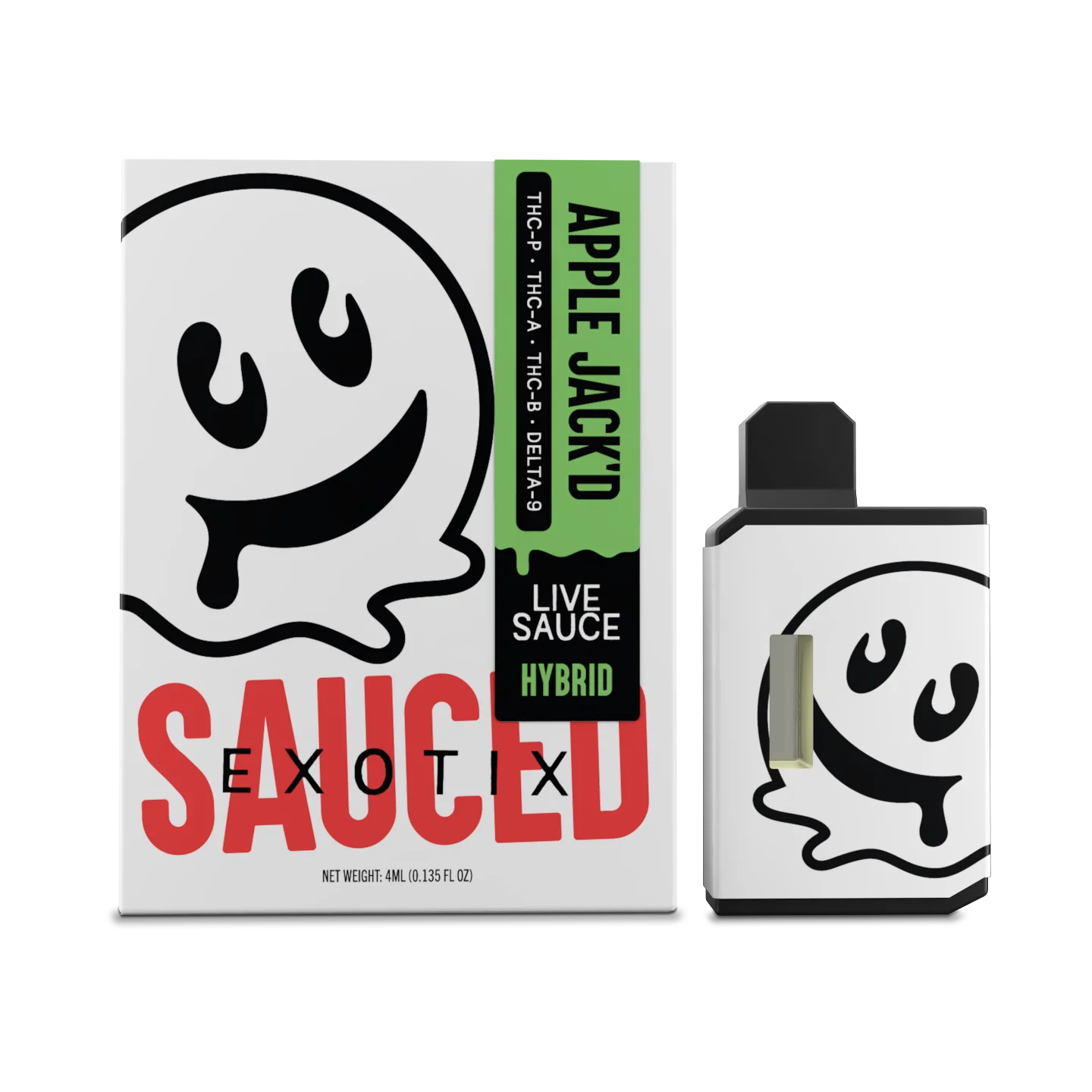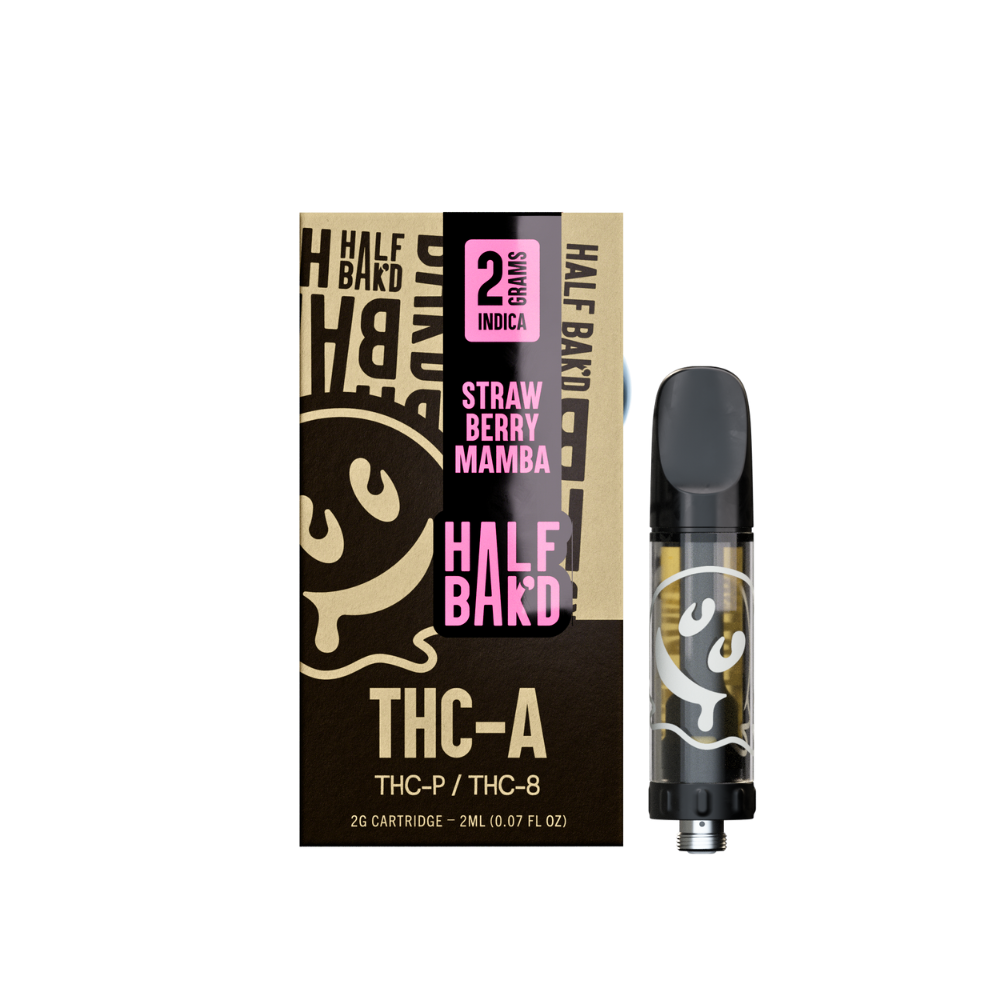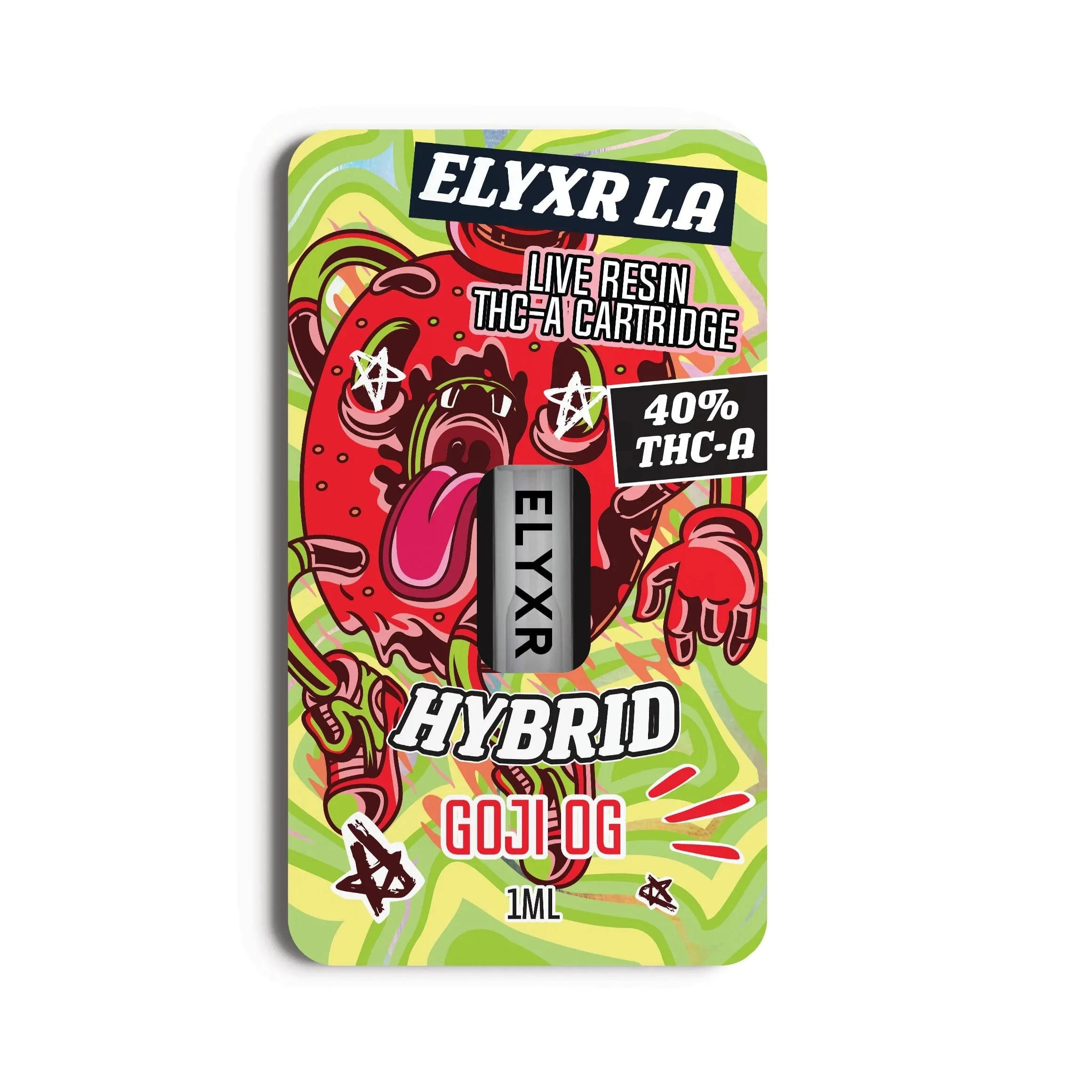The hemp industry isn’t what it used to be—and that’s a good thing. With the ever-expanding interest in hemp-derived cannabinoids, products like Delta 10 vs Delta 8 have made their way into the spotlight as intriguing alternatives to traditional Delta 9 THC. Whether you’re someone who enjoys the effects of classic cannabis but wants a milder experience, or you’re simply curious about the legal gray areas, you’ve probably come across these two rising stars in the cannabinoid world.
Delta 8 and Delta 10 are both THC isomers that interact with the body’s endocannabinoid system, but the similarities mostly end there. One is known for its relaxing, body-heavy effects, while the other leans more into energy and focus. That makes them a great pair for comparison, especially for those looking to tailor their cannabis experience to specific times of day, moods, or medical needs.
So how do Delta 8 and Delta 10 really stack up? What makes them different, and how do you know which one is right for you? In this guide, we’re breaking it all down—science, effects, legality, and usage—to help you figure out where you stand in the great Delta 10 vs Delta 8 debate.
What Is Delta 8 THC?
Delta 8 THC, often just called Delta 8, is a naturally occurring cannabinoid found in cannabis plants and hemp plants—though only in small amounts. Most of the Delta 8 on the market today is synthesized from CBD derived from hemp, making it technically legal at the federal level (thanks to the 2018 Farm Bill). Structurally, it’s quite similar to Delta 9 THC—the compound most people associate with getting high—but with a slightly altered molecular arrangement that leads to a milder experience.
So, what does Delta 8 actually feel like? For most people, the psychoactive properties deliver a calm, clear-headed high that can feel relaxing without being overwhelming. You won’t feel glued to the couch or stuck in your own thoughts the way you might with a strong Delta 9 edible. Instead, Delta 8 offers a gentle body high and a sense of overall chill—making it ideal for winding down at night, managing stress, or easing into cannabis if you’re new to it.
Delta 8 is commonly available in vape cartridges, edibles (like gummies), tinctures, and even flower sprayed with Delta 8 distillate. It’s become a go-to option in states where Delta 9 THC is still restricted, but people are still seeking similar medicinal benefits without the legal risks or intensity.
What Is Delta 10 THC?
Delta 10 THC is another lesser-known cannabinoid that’s also derived from hemp, but its effects and chemical structure are very different from Delta 8 THC. Think of Delta 10 as Delta 8’s more upbeat sibling. While both are technically THC isomers, Delta 10 delivers a far more energizing and cerebral experience. It’s often associated with enhanced focus, creativity, and an uplifting mood boost—similar to a sativa-like high, but less intense than a Delta 9 sativa strain.
Like Delta 8, Delta 10 is present in cannabis in only trace amounts, so manufacturers typically produce it in a lab using hemp-derived CBD. This process, while complex, allows Delta 10 to remain legal in many states under the same federal guidelines that protect Delta 8—though some states have started to push back and ban certain isomers entirely, so it’s always worth checking your local laws.
Delta 10 cannabis-derived products are most commonly found in vape cartridges and edibles. Because of its energizing effects, it’s among the controlled substances often recommended for daytime use or when you need a mental boost without the risk of mental fog or anxiety. People tend to turn to Delta 10 for productivity, light social settings, or simply a little lift without the baggage of a strong THC high.
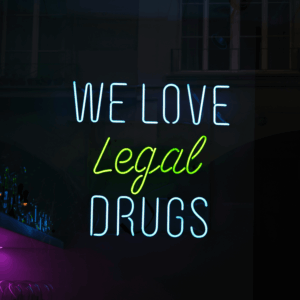
Key Differences Between Delta 8 and Delta 10
Now that we’ve covered the basics, let’s dig into the core differences between these two cannabinoids. While they share some similarities in origin and legality, their effects, potency, and ideal use cases are notably different.
Potency and Intensity:
Delta 8 is generally considered stronger than Delta 10 in terms of physical sensation and overall THC-like effects. While both are milder than Delta 9, Delta 8 hits closer to the traditional THC experience—albeit without the paranoia or mental haze. Delta 10, on the other hand, is lighter and less intense, often compared to a microdose of cannabis.
Effects and Use Cases:
Delta 8 is ideal for:
- Relaxation
- Stress relief
- Sleep support
- Mild chronic pain management
Delta 10 is better suited for:
- Increased focus
- Creative energy
- Daytime use
- Social events or errands
Mental and Physical Impact:
Delta 8 leans more into the body high category, making it a solid choice for those dealing with physical discomfort or looking to chill after a long day. Delta 10 feels more cerebral, giving you a little mental clarity and pep without too much stimulation.
Legality and Access:
Both Delta 8 and Delta 10 fall under the 2018 Farm Bill Agriculture Improvement Act, which legalized hemp-derived cannabinoids as long as the final product contains less than 0.3% Delta 9 THC. However, their legal status varies by state. Some states have banned one or both, while others allow them freely.
Side Effects and Safety: What to Know
As with any primary cannabinoid, Delta 8 and Delta 10 come with potential side effects—though they tend to be pretty mild and manageable for most users. That said, how your body reacts will depend on things like your tolerance, dosage, and personal body chemistry.
Common side effects may include:
- Dry mouth (a.k.a. cottonmouth)
- Red eyes
- Drowsiness (more common with Delta 8)
- Slight anxiety or restlessness (more likely with Delta 10 if taken in high doses)
- Lightheadedness or grogginess
Both cannabinoids are considered safe when used responsibly, but that doesn’t mean every product is created equal. Because these are often made through chemical processes, it’s crucial to buy from reputable sources that provide third-party lab testing and certificates of analysis (COAs). Avoid shady brands that don’t disclose ingredients or can’t verify their product’s purity and cannabinoid content.
Also worth noting: Just because they’re legal at the federal level doesn’t mean they’re legal everywhere. As of now, several states have moved to ban Delta 8 and Delta 10, either directly or through broader restrictions on THC isomers. Always check your local laws before purchasing.
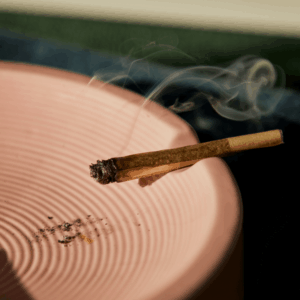
Which One Should You Choose?
Choosing between Delta 8 and Delta 10 really comes down to what kind of experience you’re looking for. Neither is necessarily better than the other—they just serve different purposes. The right choice depends on your goals, your schedule, and how your body responds to THC.
If you’re seeking a mellow vibe, need help with sleep, or want to unwind after work, Delta 8 might be your best bet. It’s chill, calming, and tends to promote deep relaxation without the anxiety some feel with Delta 9.
If you’re more interested in a daytime boost, some creative energy, or a little help focusing during the workday, Delta 10 could be more your speed. It’s lighter, more cerebral, and less likely to make you feel sleepy or spacey.
For first-time users or anyone new to THC isomers, start slow. Try one at a time, use a low dose, and see how it makes you feel. Everyone reacts a little differently, so experimenting responsibly is key to finding your sweet spot.
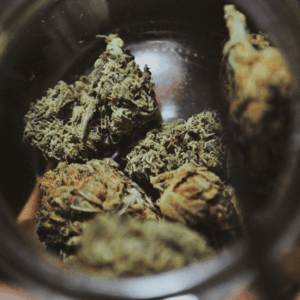
Final Thoughts: Delta 10 vs Delta 8 – It’s All About the Vibe
At the end of the day, the Delta 10 vs Delta 8 conversation isn’t about which one is “better”—it’s about which one fits your lifestyle. These cannabinoids offer two very different sides of the THC experience: one that eases you into rest, and one that helps you tap into motivation or mental clarity.
For many users, they aren’t even competing options—they’re complementary. You might lean on Delta 8 at night to help wind down, then turn to Delta 10 in the morning when you need to shake off the fog and power through your to-do list.
Just remember: source quality cannabis products to avoid safety concerns, check your state’s laws, and always dose mindfully. Whether you’re a seasoned stoner or just dipping your toes into cannabinoids, Delta 8 and Delta 10 offer unique, legal ways to explore the potential health benefits of hemp without diving headfirst into the deep end.
Frequently Asked Questions
1. Will Delta 10 get you stoned?
Delta 10 can get you “a little” stoned, but don’t expect it to hit like Delta 9 THC. It offers a much milder high—more of a gentle head buzz than a full-body stone. Most users report feeling slightly uplifted, focused, and relaxed without any intense psychoactive compound effects. If you’re looking for a functional, daytime-friendly experience with minimal mental fog, Delta 10 fits the bill.
2. Is delta-8 or 10 better for anxiety?
It depends on how your body reacts to each, but many people find Delta 8 to be more effective for managing anxiety. That’s because it leans more toward a calming, sedative vibe that can help take the edge off. Delta 10, while more energizing, might be too stimulating for some anxiety-prone users. If you’re sensitive to sativa-like effects, Delta 8 is usually the safer, more chill option.
3. Can you fail a drug test from Delta 10?
Yes, you absolutely can. Even though Delta 10 is a different form of THC, most standard drug tests aren’t sophisticated enough to tell the difference between Delta 10, Delta 8, and Delta 9. They’re all metabolized into similar THC compounds in the body, so using Delta 10 could definitely trigger a positive result. If you’re subject to drug testing, it’s best to avoid all THC variants—Delta 10 included.
4. Is delta-9 or 10 stronger?
Delta 9 is definitely stronger. It’s the traditional form of THC found in cannabis and delivers the most potent psychoactive effects. Delta 10 is much milder in comparison, often described as “THC lite.” You’ll still feel something from Delta 10, but it’s far less intense than Delta 9—and for many, that’s actually a plus. It all depends on the kind of experience you’re after.




